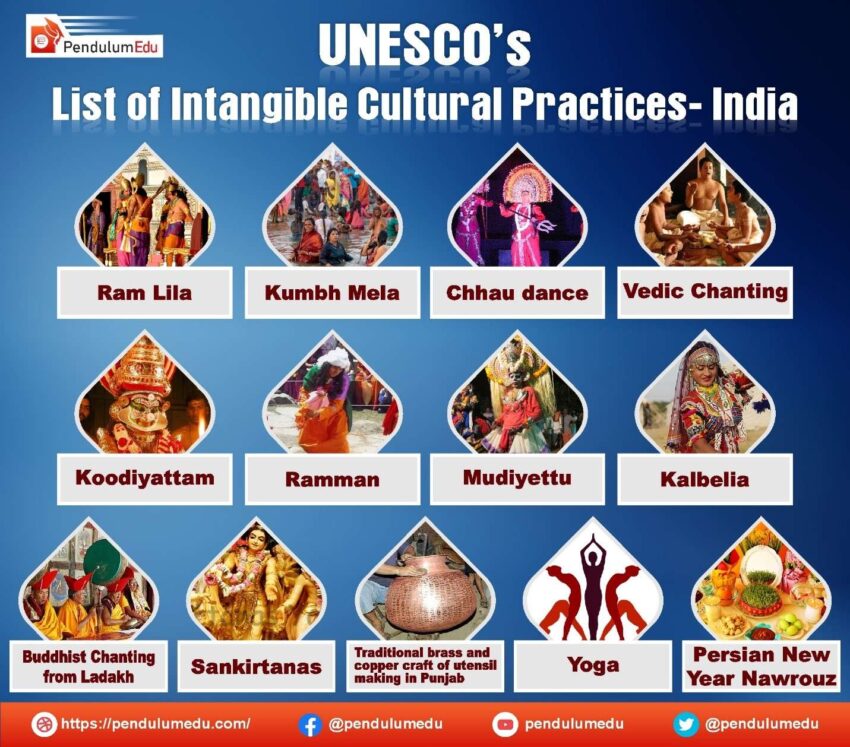Language is more than a tool for communication—it is the vessel of culture. Through language, stories, traditions, values, and collective memory are passed from generation to generation. Preserving language is essential for maintaining the richness and diversity of human culture.
Language as a Cultural Carrier
-
Oral traditions – Folktales, proverbs, and songs preserve historical knowledge and morals.
-
Identity and belonging – Language connects people to their community and ancestry.
-
Worldview – Languages shape how we perceive and interact with the world. Different languages emphasize unique ways of thinking and understanding concepts.
-
Customs and rituals – Many cultural practices are inseparable from the language used to describe or perform them.
The Threat of Language Loss
-
Globalization – Dominant languages like English, Mandarin, or Spanish often overshadow minority languages.
-
Urban migration – Younger generations may abandon native languages in pursuit of education or jobs.
-
Conflict and displacement – Wars, persecution, and forced migration contribute to language extinction.
It is estimated that nearly half of the world’s languages could disappear by the end of this century, taking with them invaluable cultural knowledge.
Efforts to Preserve Language
-
Documentation – Recording spoken language, compiling dictionaries, and creating written records.
-
Education – Teaching native languages in schools and community programs.
-
Media and Technology – Using apps, social media, and online courses to promote language learning.
-
Cultural Activities – Encouraging storytelling, poetry, and traditional songs in their original language.
-
Community Engagement – Elders sharing language with younger generations ensures continuity.
Benefits of Language Preservation
-
Maintains cultural identity and pride.
-
Preserves unique knowledge about history, environment, and traditions.
-
Strengthens intergenerational bonds within families and communities.
-
Enhances cognitive skills and understanding of other cultures through bilingualism or multilingualism.
Language in a Globalized World
While global communication is important, maintaining linguistic diversity enriches society. Learning and respecting minority languages allows us to understand perspectives different from our own and ensures that the world retains its cultural richness.
Final Thoughts
Language is the heartbeat of culture. Every word carries history, knowledge, and identity. By actively preserving languages—through education, documentation, and practice—we protect cultural heritage for future generations. Losing a language is not just losing words; it is losing a unique way of seeing and understanding the world.
